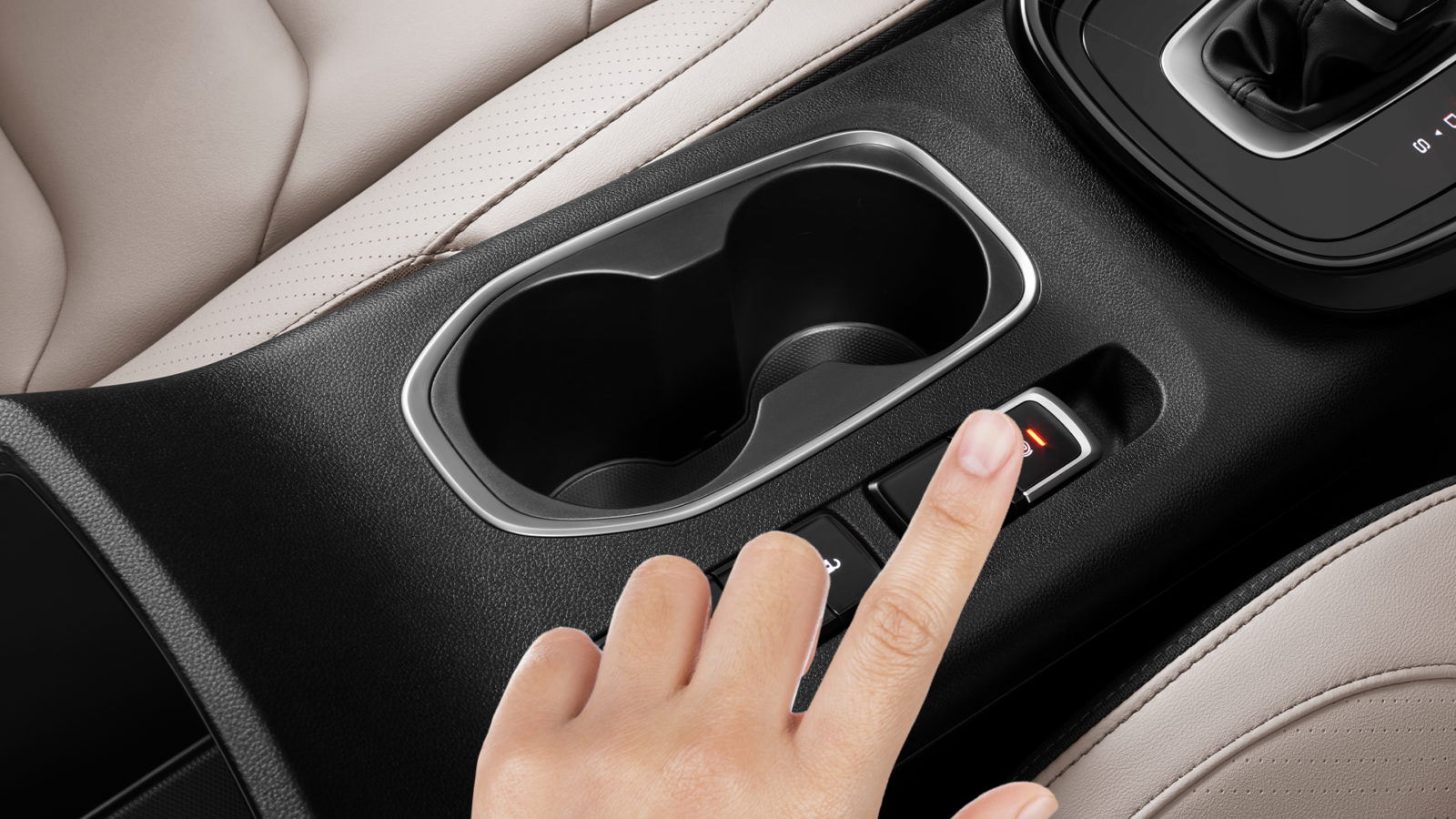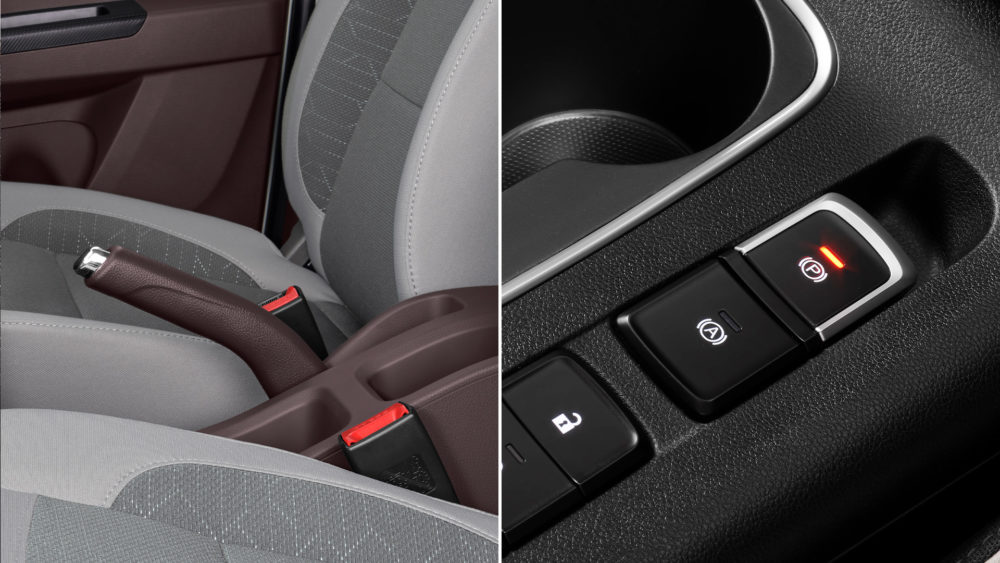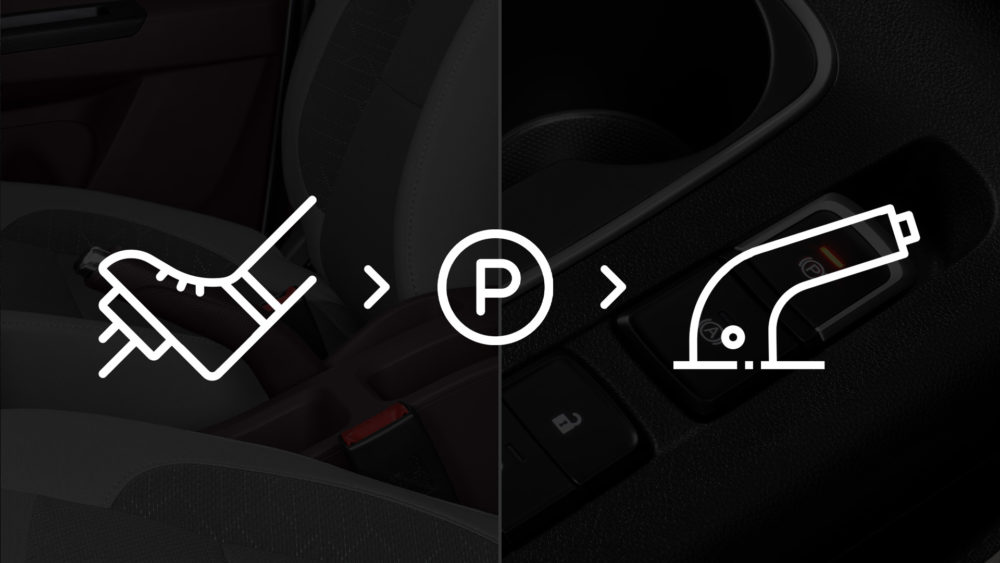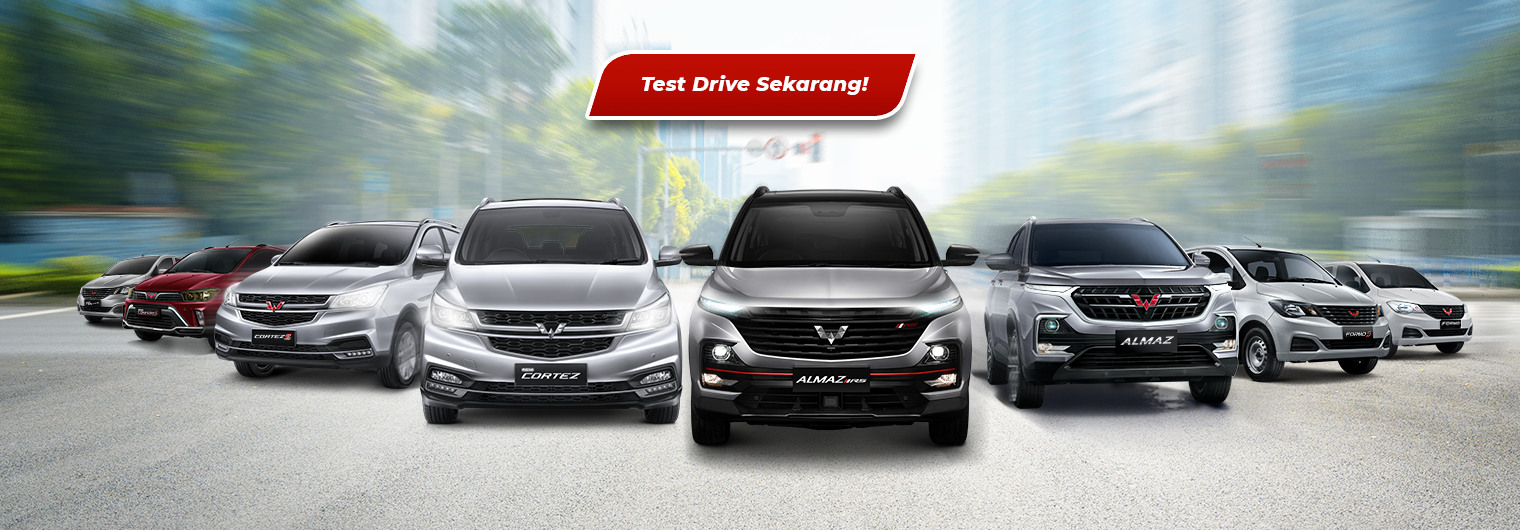How to Properly Use a Car Handbrake
18 June, 2023

The handbrake is an essential system in a vehicle that is used to reduce speed and stabilize the car while parking. Although the handbrake is typically used when the car is stationary, it is important for drivers to understand how to properly use the handbrake.
Furthermore, the handbrake is used to lock the car’s wheels to prevent movement when stopped or parked on an incline. For drivers, knowledge of the function and usage of the handbrake is crucial. The use of the handbrake itself varies depending on its type.
This article will discuss the function of the handbrake, types of handbrakes, how they work, the position of the handbrake while the car is in motion, and provide a comprehensive guide on how to correctly use the handbrake in a car.

Function of the Handbrake in Cars
The handbrake is one of the essential features in a car that functions as an additional braking system. The handbrake in a car serves several important functions, including:
- Parking: Another term often used for the handbrake is the parking brake. This name is very appropriate considering its purpose, which is to keep the vehicle stationary when parked, especially on uneven surfaces such as inclines or declines. This brake also prevents the car from shifting or moving accidentally.
- Emergency situations: The handbrake can be utilized as an emergency brake in certain situations, such as when the main brake system fails. In this condition, the handbrake can help reduce the vehicle’s speed quickly and safely.
Types of Car Handbrakes
According to the way it is used, this brake consists of several types. Here are the types and their explanations:
1. Handbrake with Pedal
The handbrake model with a pedal is a new type of handbrake for cars. Many cars with automatic transmissions use this type. The position of the pedal handbrake is parallel to the gas pedal. Its design provides a smoother driving experience as the hand has more freedom to control the steering wheel while the car is in motion.
2. Handbrake with Button
The handbrake model with a button is the most practical to use. Its design is usually small and not widely used in Indonesia. This model is also known as an electric handbrake. It is operated by pulling the lever on the button. Pull the lever slightly upward, and the brake will work to stop the car.
The use of the pedal handbrake does not involve the hand, unlike the button handbrake. The driver needs to press the brake pedal to activate this handbrake. Press the brake pedal fully to lock the car in position. To release the handbrake, the driver needs to press the brake pedal deeply, and the car is ready to move.
3. Handbrake with Stick
The handbrake with stick is a widely used type of brake in both manual and automatic cars. As the name suggests, this brake is equipped with a stick that is usually located between the driver’s seat and the front passenger seat. This model is quite easy to use, as it has buttons on the top of the stick.
To stop, the driver simply needs to pull the stick lever and press the button on top of it, causing the car to stop. Usually, when using this type of handbrake, a clicking sound can be heard. When lifting the stick lever to apply the brake, make sure you hear a click about 4–7 times. If you hear more than that, there may be a problem with the car’s handbrake system.
How Car Handbrakes Work
Car handbrakes for which tire? Basically, this handbrake works by locking the rear wheels, whether they’re the front or rear wheels, depending on the vehicle’s design. When the handbrake is pulled, a cable or electronic system will pull a lever connected to the rear brake caliper. This causes the brake pads to press against the brake disc or drum, locking the rear wheels and preventing the car from moving.
However, there are some cars that use a handbrake system connected to the front wheels. In these types of cars, the handbrake serves as an additional braking system that works independently of the main braking system. In these cars, the handbrake will actuate a cable connected to the front braking system. Consequently, the car will move slower and have better control when passing steep roads or poor road conditions.
Nowadays, there are cars that have both front and rear brake systems, such as the Almaz Hybrid. The front brakes on this SUV car are used to reduce the vehicle’s speed by generating friction between the brake pads and the brake discs, as well as producing resistance forces that will slow down or stop the rotation of the front wheels.
Meanwhile, the rear brake system in this hybrid car is used to maintain the vehicle’s balance during braking. When the rear brakes are activated, the resistance force generated by the rear brake pads and discs will help balance the vehicle to prevent oversteer or understeer. With a good rear brake system, the Almaz Hybrid provides stability and safety while driving.

How to Properly Use the Handbrake on a Car
To ensure safety and prevent accidents, it is important for you to use the handbrake on your car correctly. Here are the steps you can follow:
1. Avoid Pressing the Gas Pedal Before Releasing the Handbrake
When going up a slope and using the handbrake, make sure the balance between the handbrake and the gas pedal is set. Do not immediately press the gas pedal if the brake is still locking the car. This is to prevent the brake cable from snapping.
2. When Parking for a Long Time
The handbrake is often used when parking, but it is advisable to use it only for short periods of time. If you want to park for a long time, it is recommended to use wheel chocks or put the transmission in the “P” position for automatic cars. This way, the wheels will not be locked.
3. Using the Lever-Type Handbrake
For those using the lever-type handbrake, pull the lever and make sure you hear four to seven clicks. If there are more than that, it means the brake adjustment is not correct.
4. Proper Pulling Technique
When pressing or pulling the handbrake, there is no need to do it excessively. The correct way is to pull it to a 45-degree angle, so that the car’s locking mechanism can work properly.
5. Avoid Using the Handbrake for Brief Stops
Usually, the handbrake is used for parking for a few hours. However, if the car is only stopping briefly, such as at a traffic light, it is recommended not to use the handbrake but instead shift the transmission to the “N” or neutral gear. This step will help maintain the durability of the handbrake pads.
Now, what should be the position of the handbrake when the car is in motion? The handbrake should not be used while the car is moving. Under normal conditions, the handbrake should be left in the down position or unlocked. Using the handbrake while the car is in motion can cause excessive friction on the braking system and damage the brake components.
Why Isn’t the Handbrake Functioning in Cars?
There are several reasons why the handbrake in cars may not function properly, including:
- Loose handbrake cable: A loose or slack handbrake cable can reduce the effectiveness of the handbrake system.
- Worn or stuck brake pads: Worn or stuck brake pads can cause suboptimal friction and reduce the handbrake’s ability to function. This issue can also occur when the handbrake is still active. Driving with an active handbrake will accelerate brake pad wear, significantly increase engine temperature, and even damage the main braking system.
- Malfunctioning brake components: Worn, damaged, or malfunctioning handbrake components can cause the handbrake to not function properly.
- Brake pads sticking to the drum: If you forcefully engage the handbrake while the engine is still running, the chances of the brake pads sticking to the drum will increase. This is caused by moisture on the brake pads, making them prone to sticking.
Using the handbrake correctly is crucial for maintaining safety while stopping or parking. Make sure you carefully follow the steps above to ensure that the handbrake functions properly and the wheels of your car remain securely locked. Always pay attention to the condition of the handbrake and perform necessary maintenance to ensure optimal performance of your car’s braking system.



